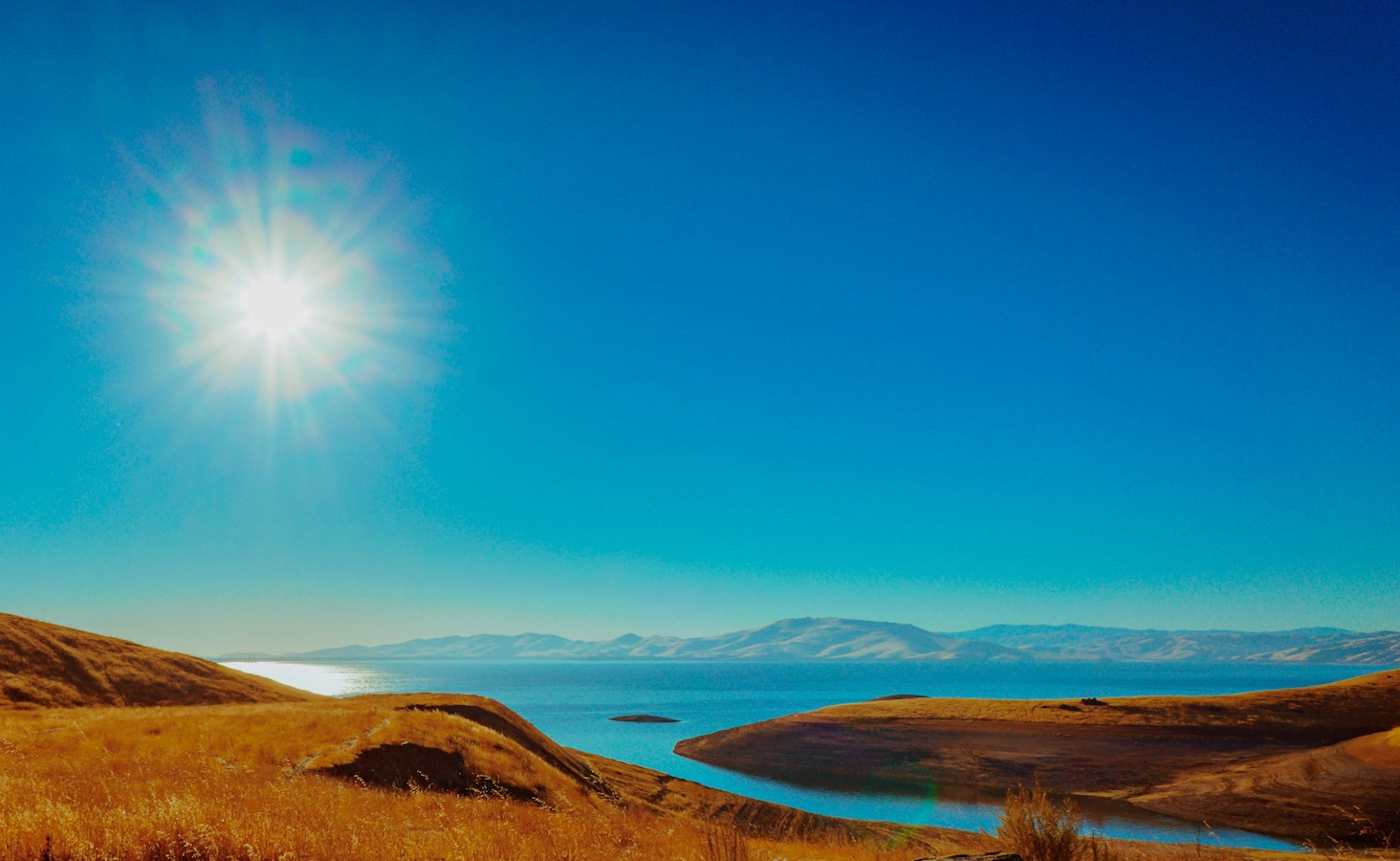Each society creates its own moral ecology. A moral ecology is a set of norms, assumptions, beliefs, and habits of behavior and an institutionalized set of moral demands that emerge organically. Our moral ecology encourages us to be a certain sort of person.
David Brooks

A Moral Ecology
Topic: Society & Civil Religion
“Each society creates its own moral ecology. A moral ecology is a set of norms, assumptions, beliefs, and habits of behavior and an institutionalized set of moral demands that emerge organically. Our moral ecology encourages us to be a certain sort of person. When you behave consistently with your society’s moral ecology, people smile at you, and you are encouraged to continue acting in that way. The moral ecology of a given moment is never unanimous; there are always rebels, critics, and outsiders. But each moral climate is a collective response to the problems of the moment and it shapes the people who live within it.”
Author, New York Times columnist
The Road to Character
Brooks, David. The Road to Character. Random House, 2016, pp. 261-267
David Brooks
Resources
Copyright © 2017 – 2024 LuminaryQuotes.com About Us

“I wrote this book not sure I could follow the road to character, but I wanted at least to know what the road looks like and how other people have trodden it.”
–David Brooks [The Road to Character]
Responding to what he calls the culture of the Big Me, which emphasizes external success, Brooks challenges us, and himself, to re-balance the scales between our “résumé virtues”—achieving wealth, fame, and status—and our “eulogy virtues,” those that exist at the core of our being: kindness, bravery, honesty, or faithfulness, focusing on what kind of relationships we have formed.
Additional David Brooks Quotes
[From the same passage in The Humility Code (David Brooks, The Road to Character, P. 261) from which the quote above was taken…]
“To restore the balance [in our moral ecology]… to cultivate the eulogy virtues, it’s probably necessary to revive and follow what we accidentally left behind: the counter-tradition of moral realism, or what I’ve been calling the crooked-timber school. It’s probably necessary to build a moral ecology based on the ideas of this school, to follow its answers to the most important questions: Toward what should I orient my life? Who am I and what is my nature? How do I mold my nature to make it gradually better day-by-day? What virtues are the most important to cultivate and what weaknesses should I fear the most? How can I raise my children with a true sense of who they are and a practical set of ideas about how to travel the long road to character?”
–David Brooks [The Road to Character]
“Joy is a byproduct experienced by people who are aiming for something else. But it comes.”
–David Brooks [The Road to Character]
The Humility Code
In his 15 point “The Humility Code,” David Brooks summarizes “The humble path to the beautiful life” (Chapter 10 of The Road to Character) pages. 261-267. In the 15 propositions of a life well lived in character, he includes:
1. We don’t live for happiness, we live for holiness.
2. Proposition one defines the goal of life.
3. Although we are flawed creatures, we are also splendidly endowed.
4. In the struggle against our own weakness, humility is the greatest virtue.
5. Pride is the central vice.
6. Once the necessities for survival are satisfied, the struggle against sin and for virtue is the central drama of life.
7. Character is built in the course of your inner confrontation.
8. The things that lead us astray are short term—lust, fear, vanity, and gluttony. The things we call character endure over the long term—courage, honesty, and humility.
9. No person can achieve self-mastery on his or her own.
10. We are all ultimately saved by grace.
11. Defeating weakness often means quieting the self.
12. Wisdom starts with epistemological modesty.
13. No good life is possible unless it is organized around a vocation.
14. The best leader tries to lead along the grain of human nature rather than go against it.
15. The person who successfully struggles against weakness and sin may or may not become rich and famous, but that person will become mature.